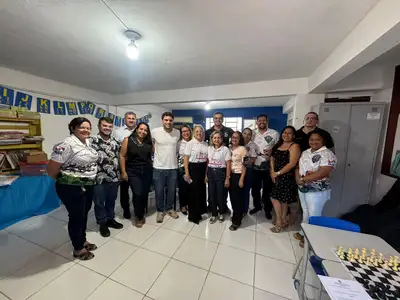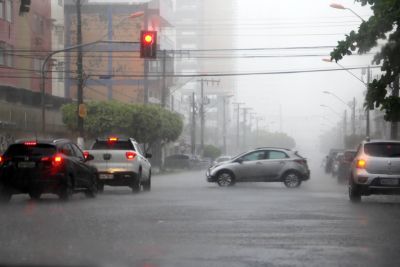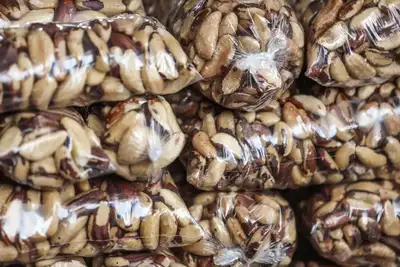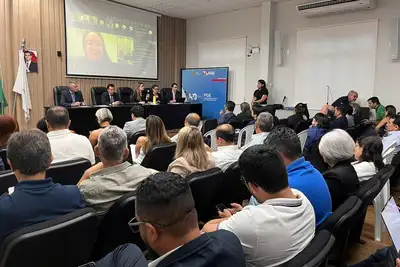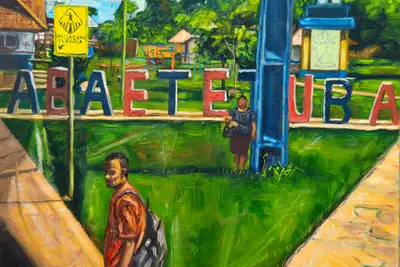Uepa discusses the impacts of climate change on Amazonian populations and ecosystems
Researchers highlighted the importance of sustainable solutions and the leadership of Amazonian science in the discussions promoted at the world conference
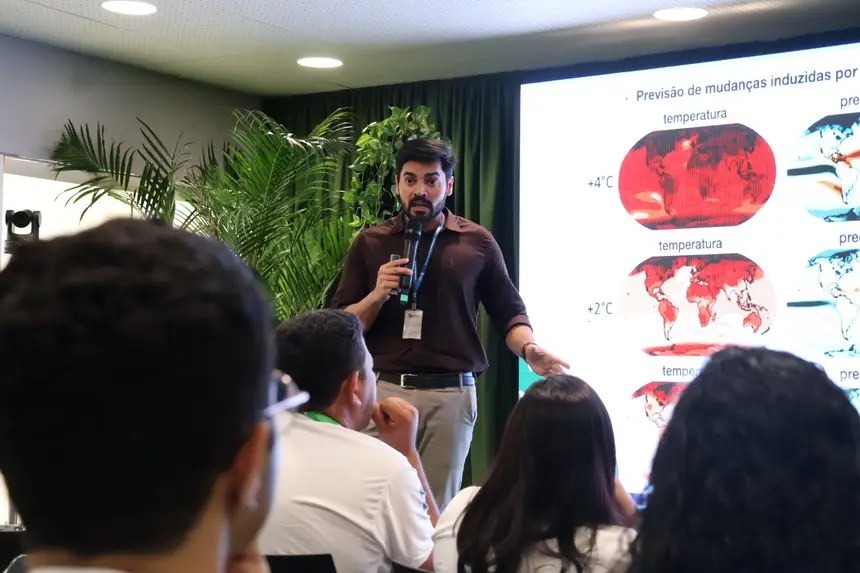
Discussing how climate change directly affects human populations and ecosystems in the Amazon was the goal of the panel "Assessment of climate change on populations, ecosystems, and productive activities in the Pará context," held on the afternoon of this Tuesday (11), at the Pará Pavilion, in the Green Zone of COP30, in Belém.
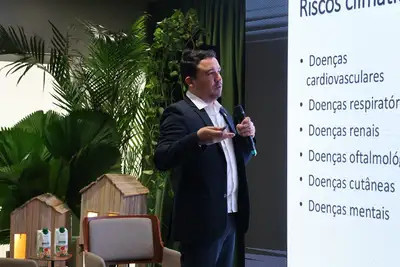
The debate was coordinated by Professor Rodrigo Rafael Oliveira from the State University of Pará (Uepa), who highlighted the role of the institution in the international event. "COP30 is providing an exceptional space for Uepa to discuss the research conducted by Amazonians, in the Amazon, in this important global forum. It is an opportunity for us to reflect on global warming, climate change, and, mainly, on how we can overcome climate injustices," said the professor.
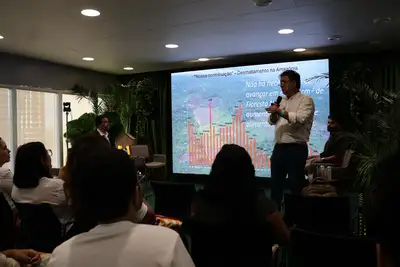
During the panel, researcher Adriano Venturieri from the Brazilian Agricultural Research Corporation (Embrapa) presented proposals for technologies aimed at sustainable development, emphasizing the integration of crop-livestock-forest (ILPF) and actions for the restoration of deforested areas, while Professor Maurício Moura from the Meteorology course at the Federal University of Pará (UFPA) presented data on the risks and climate impacts for Amazonian populations.
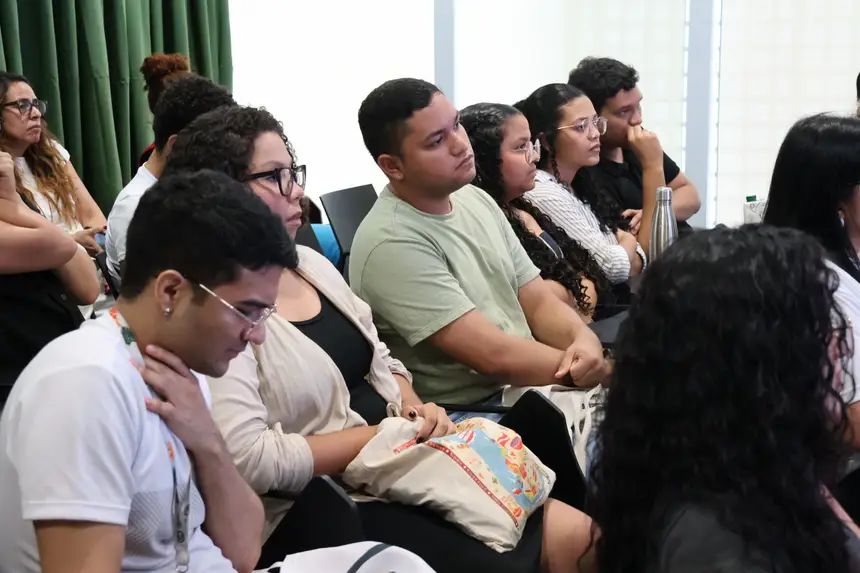
Research, reflection, and change - Among the audience, psychology student Maria Gabriela Sousa highlighted the importance of the presence of universities and research institutions in the discussions of COP30. For her, "it is necessary and completely important, because many times we have the impression that COP is a conversation among the world's great leaders. Having this space accessible to the population and universities is fundamental. When there is scientific research, there is reflection, and that already paves the way for changes. Universities have this role of interacting with society."
With the participation of researchers, faculty, and students, Uepa reinforces its commitment to the production of scientific knowledge aimed at sustainability and climate justice, contributing to ensure that the voice of the Amazon is present and active in the debates of COP30.



